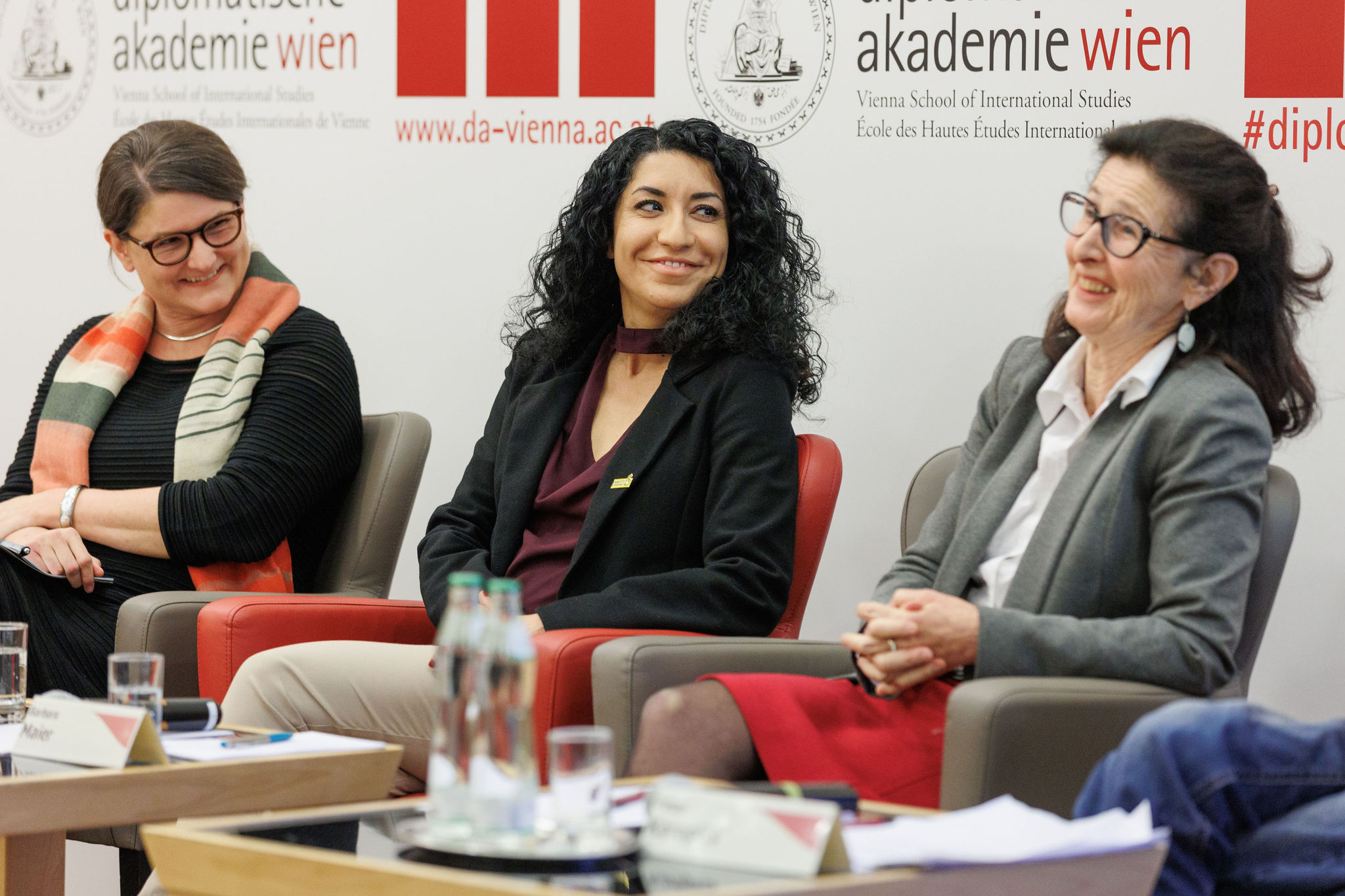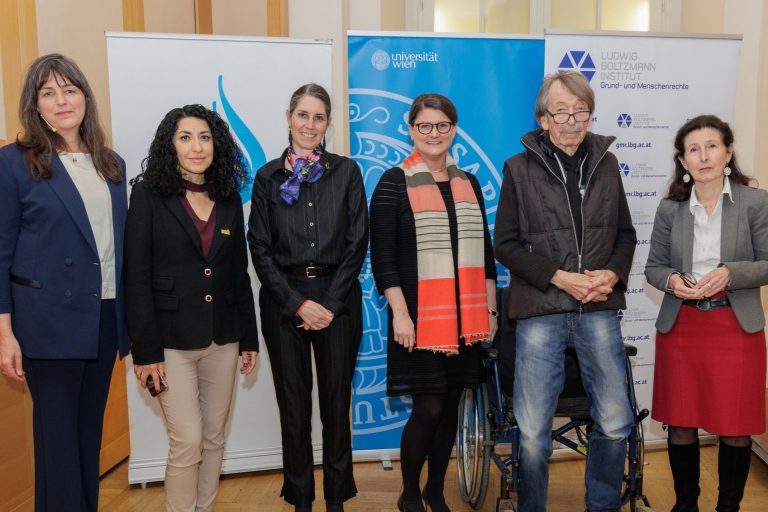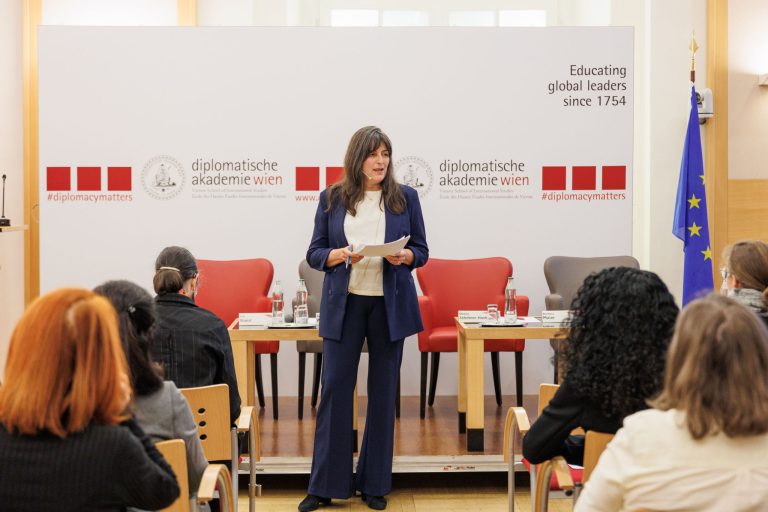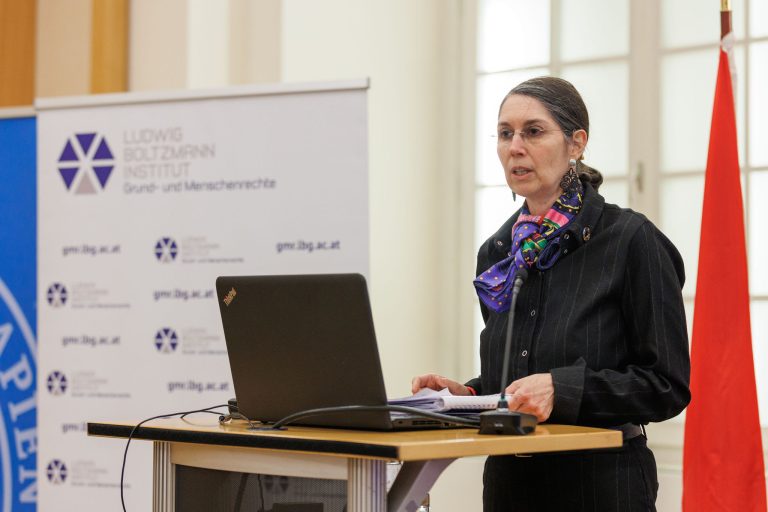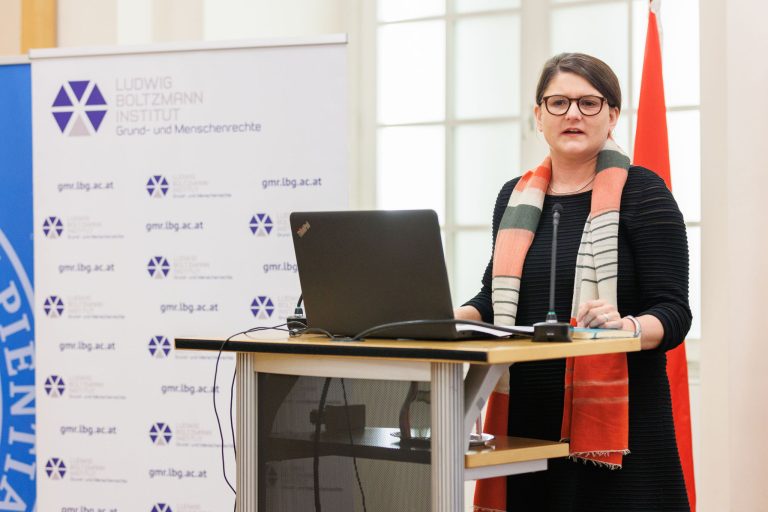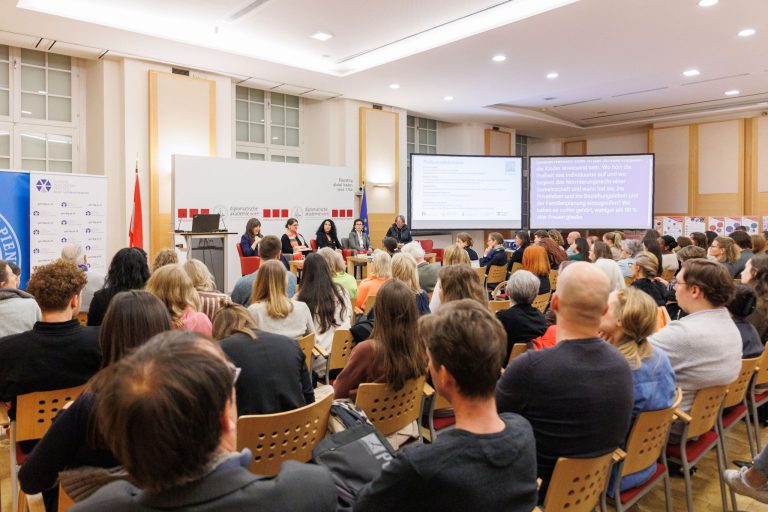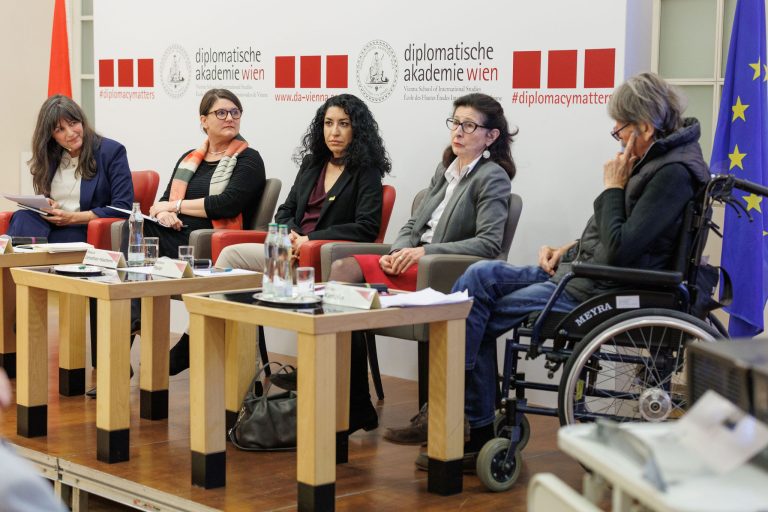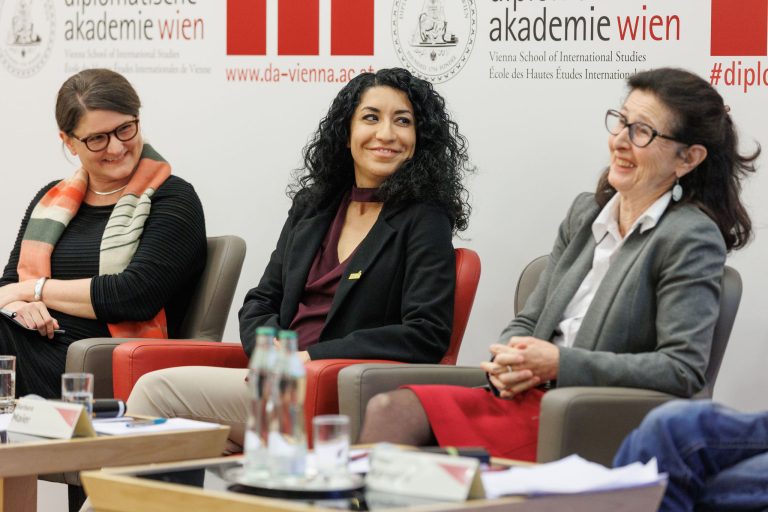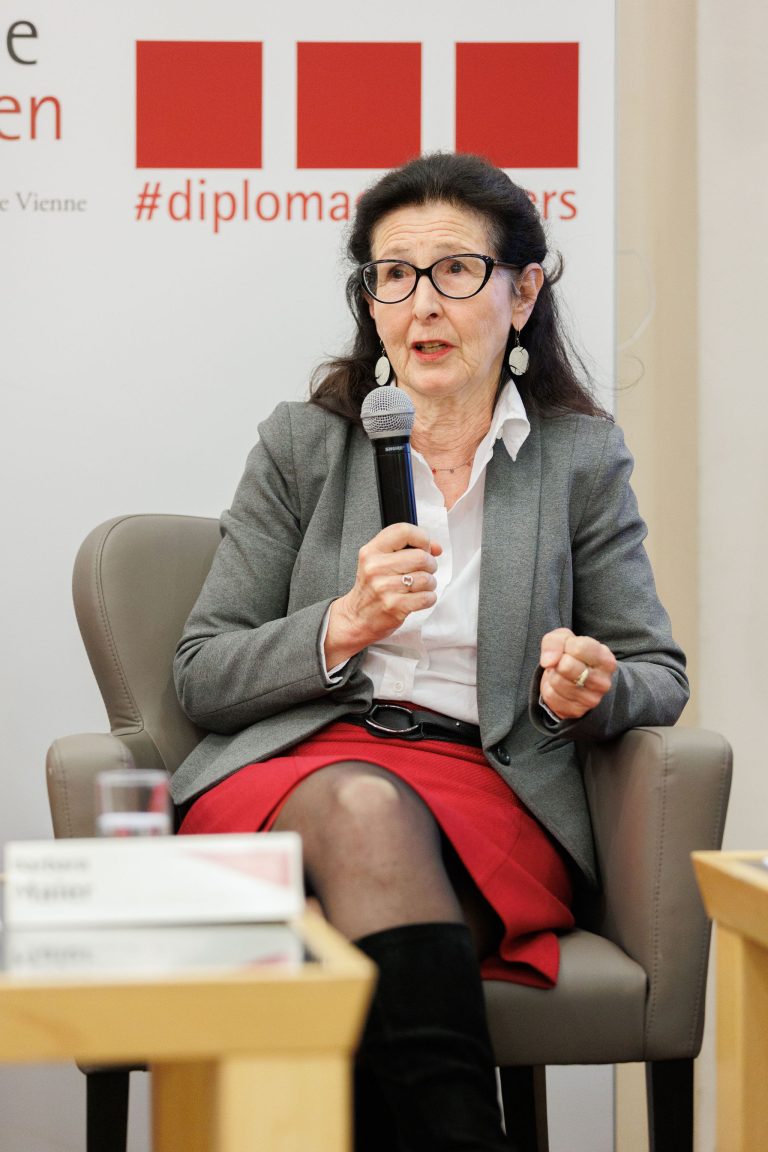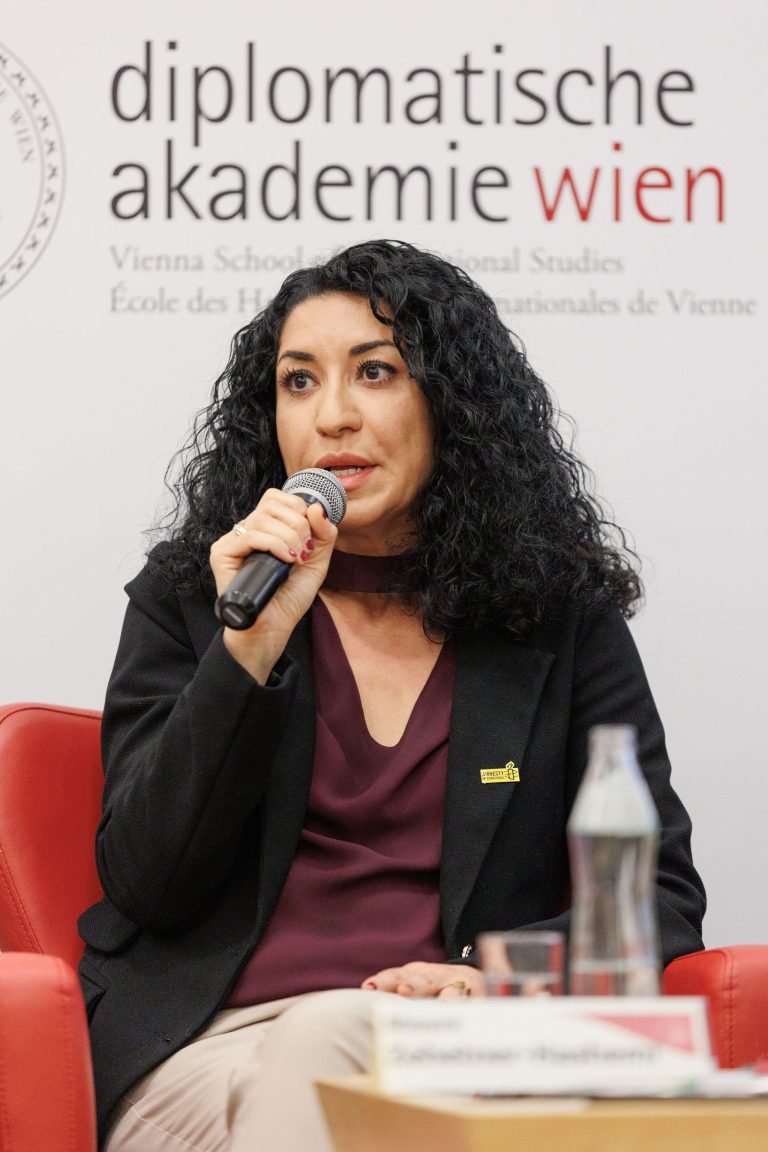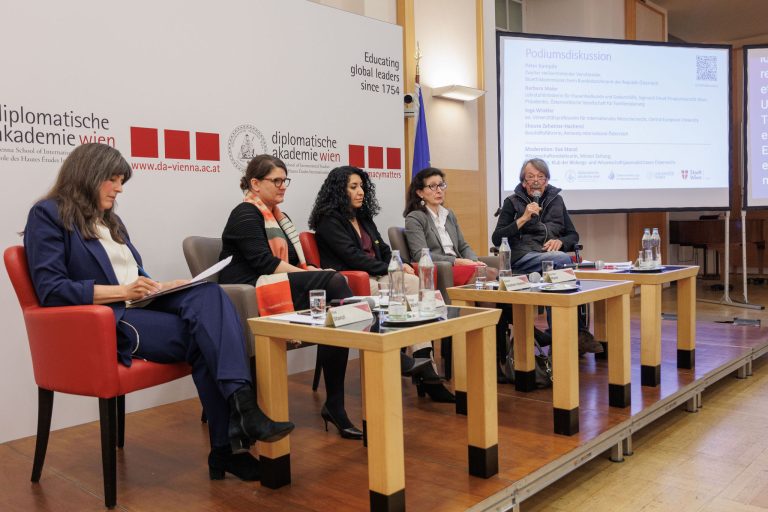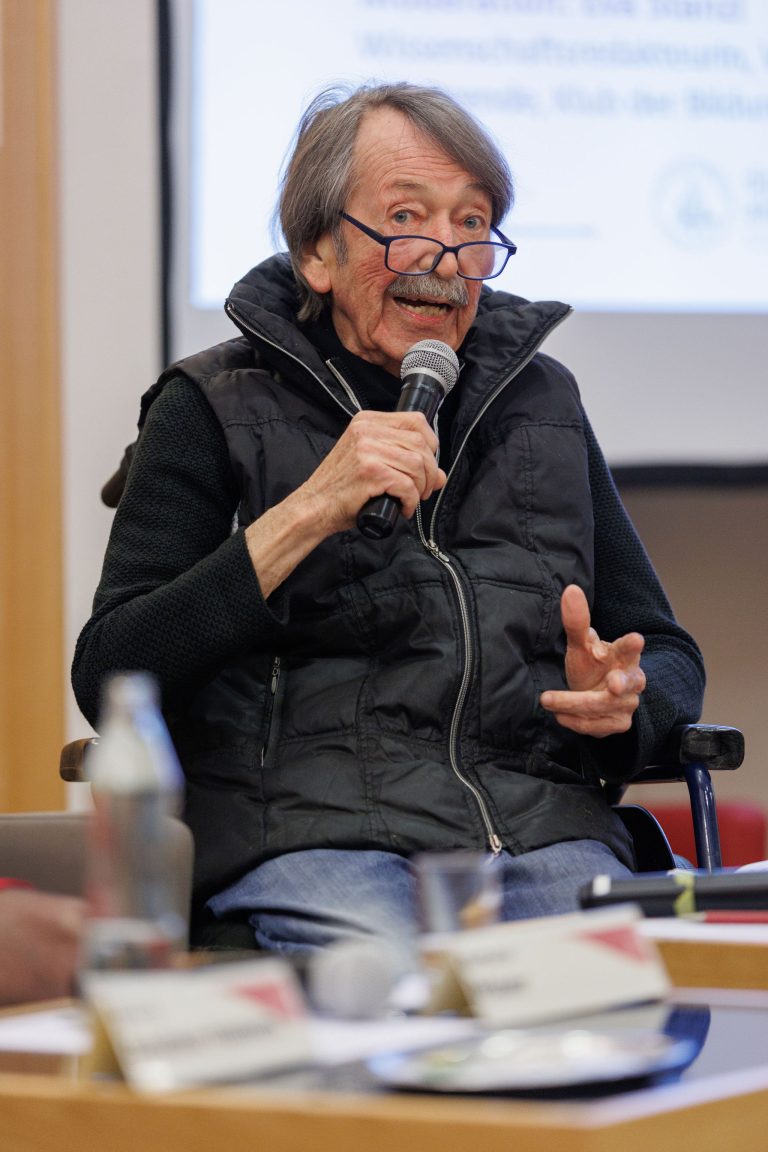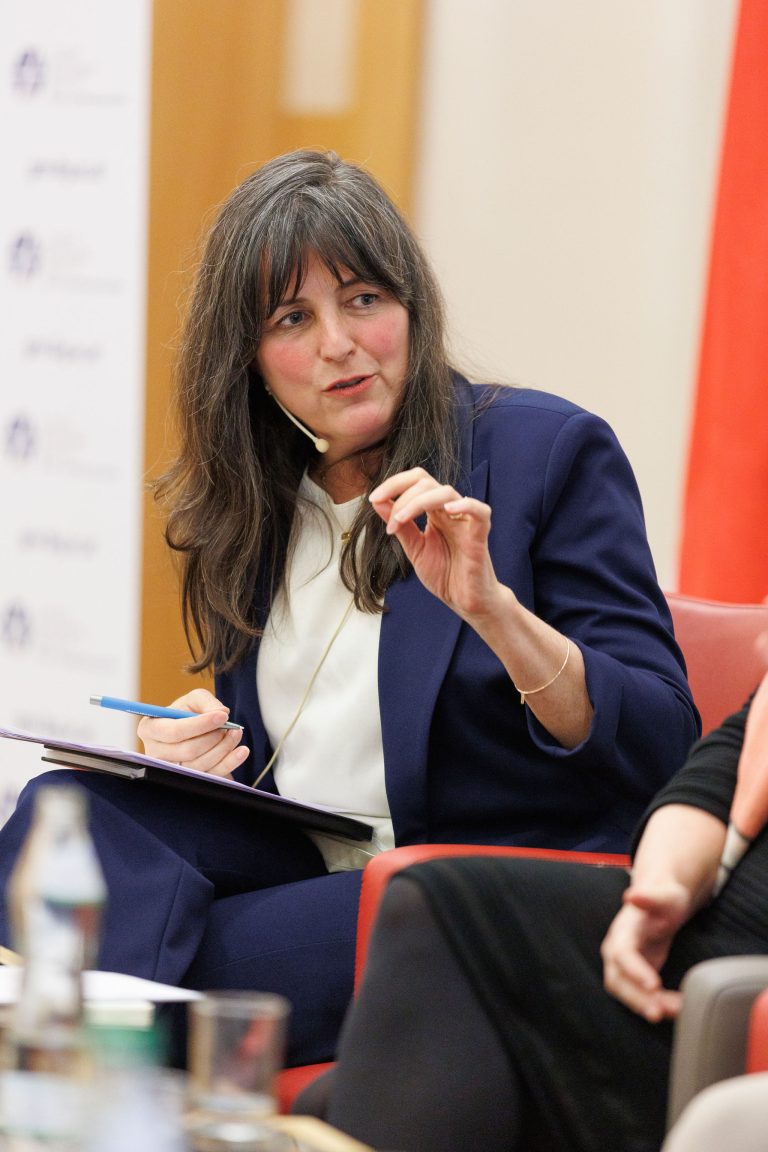Women’s reproductive rights and the human right to life – a contradiction?
High-profile experts discussed progress, setbacks and potential at a Human Rights Talk.
For many women, reproductive rights are still not a matter of course, even in Western democracies. The issue of abortion in particular divides societies. While the right to abortion has recently been massively restricted in the USA and Poland, France elevated the freedom to have an abortion to constitutional status at the beginning of March 2024. In Austria, too, issues relating to the regulation of sexuality and reproduction are repeatedly becoming the focus of political and legal debate. What is the role of the law in these intimate and controversial issues? Do the reproductive rights of women and their self-determination possibly conflict with the human right to life of the unborn child?
The Ludwig Boltzmann Institute of Fundamental and Human Rights (LBI-GMR), the Austrian League of Human Rights and the University of Vienna hosted a top-class panel at the Diplomatic Academy of Vienna on Thursday, 18 April 2024, to discuss this issue.
In her opening remarks, Ursula Kriebaum (University of Vienna) pointed out that still less than 50% of women worldwide have the opportunity to decide freely about their own bodies. She therefore stated right at the beginning that there was still a considerable need for action with regard to women’s reproductive rights.
In a similar tone, Inga Winkler (Central European University) emphasized that Austria is not an island of the blessed when it comes to this topic. “I think that Austria, due to the fact that abortion is regulated in the criminal code, is not in a good position in an international comparison. The judgment of illegality and the associated stigmatization not only have a huge impact on women, but also on medical care.”
In this context, Shoura Zehetner-Hashemi (Amnesty International Austria) criticized the fact that abortion is the only health service in Austria that remains enshrined in the criminal code. She added: “Last year marked the 50th anniversary of the introduction of the so called Fristenlösung. 51 years ago, it was a good solution. However, we now consider the Fristenlösung to be outdated. In our view, it needs to be revised.”
Peter Kampits (Bioethics Commission at the Federal Chancellery of the Republic of Austria) did not want to pass judgment on the reasons why a woman could not continue a pregnancy. However, he emphasized that this is the woman’s autonomous decision. “I am of the opinion that in an ideologically pluralistic society, women should be able to decide freely.”
The speakers did not want to specify up to which week an abortion should be permitted in future.
For Barbara Maier (Sigmund Freud Private University Vienna & Austrian Society for Family Planning), there is no question that sexual and reproductive self-determination is an integral part of human rights. Therefore, it should also be possible to realize this right. According to Maier, this includes universal access to contraceptives. “I am in favor of contraceptives being made available free of charge. Although it can be argued that the cost of the pill is manageable, the situation is different especially for long-term contraceptives such as the IUD, which costs up to €500. Not all women can afford that.”
The evening was hosted by Eva Stanzl, science editor at the Wiener Zeitung and chairwoman of the Austrian Club of Education and Science Journalists. Following the lively discussion with the audience, the organizers invited guests to a convivial get-together.
The Human Rights Talks see themselves as a platform for social discourse on current topics with human rights relevance. The events present top-class speakers to the interested public and analyse human rights challenges and socio-political trends in a differentiated manner and with professional expertise, but at the same time in an accessible way and with practical relevance. An important component of the format, in addition to substantive contributions, is the interactive audience discussion.
